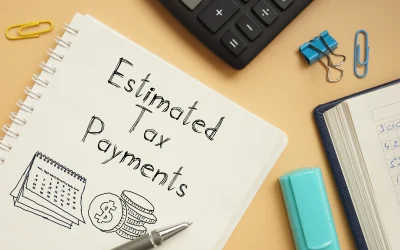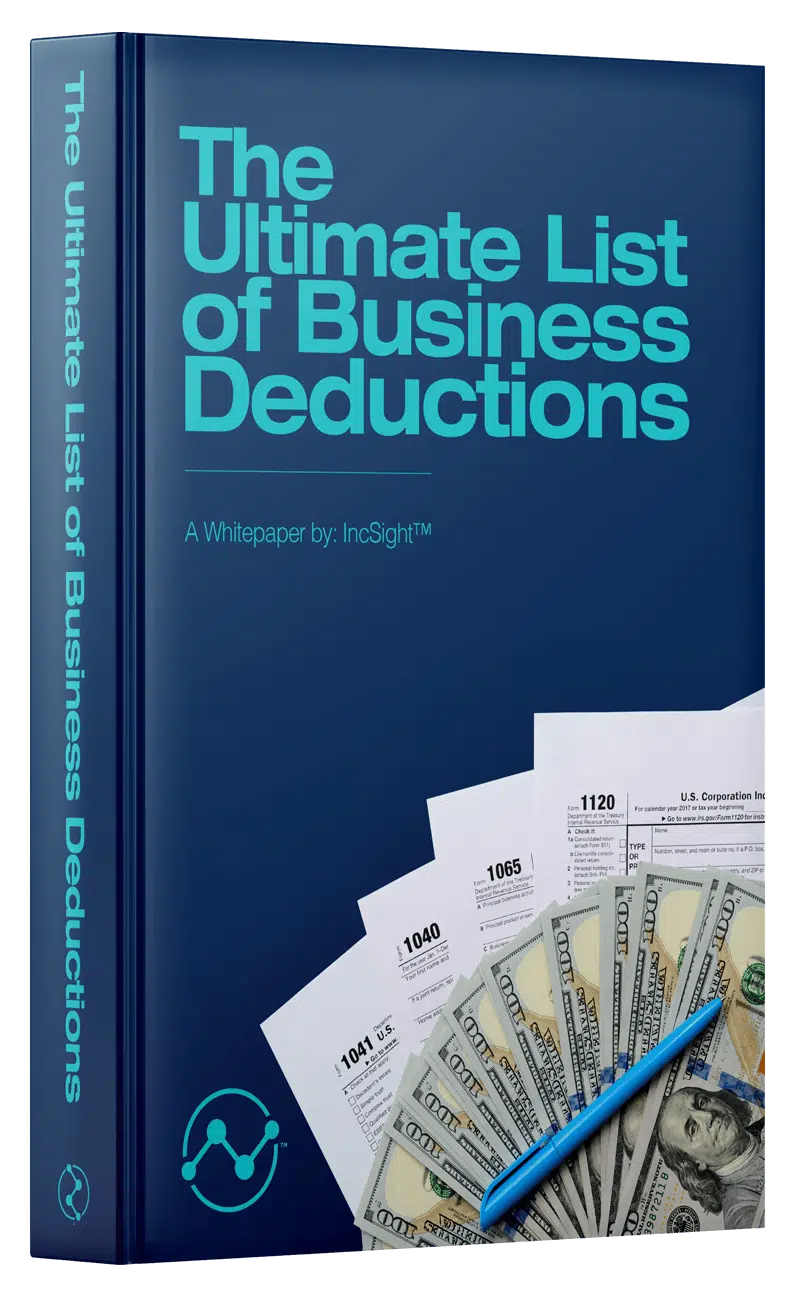-
Lets be honest, I dislike talking about death as much as you but we need to be realistic and understand some day it will come. Okay, enough of the sadness now lets talk about what you need to know so that you can properly plan for your family.
If you have not checked out the items from our Estate Planning Mini Series, definitely check out those episodes as well:
What Is a Last Will and Testament? Why Is It Important For Business Owners?
What Is a Power of Attorney? What Healthcare Documents Do I Need In Estate Planning?
What Is A Revocable Living Trust? Why Is It Important for Business Owners?
For the discussion here we are going to focus on the federal side but you will also want to check with your specific state as there are a quarter of the states that have some sort of estate or inheritance tax.
What Is Inheritance Tax and Estate Tax?
- Inheritance Tax: The tax you pay, as the beneficiary, when you inherit wealth. There is no federal inheritance tax but some states do have one.
- Estate Tax: Tax paid on the wealth/estate of an individual’s assets upon their death prior to distribution.
Essentially, at the federal level you as the beneficiary of an estate would not pay any taxes but there may be a tax paid on those assets prior to you receiving them as a beneficiary.
When Does Estate Tax Matter?
Here is the good news. The IRS has an exemption in 2022 of $12.06 Million. This basically means that if the value of the estate of a deceased individual is below $12.06 Million you do not need to worry about any estate tax at the federal level.
The $12.06 Million number is based on the fair market value of the estate at the date of death.
More good news, if you are a surviving spouse the estate tax also does not come into play until your death.
Example: You are married and your spouse dies and you estate is worth $15MM. Upon the death of your spouse there would be no estate tax. The estate tax would not kick in until you have also passed.
If I Gift Assets or Money, Is That Taxed?
Fortunately the IRS has an “annual exclusion” in 2022 of $16,000 (Single) or $32,000 (Married) per person, per year. This means that if you give a gift to an individual in a single year under the exclusion, you have nothing to worry about.
This can be more powerful than you think. Imagine you are married and have a child that is married. As a couple you could gift your child up to $32,000 as well as their spouse up to $32,000. That means you could give you married child and their spouse up to $64,000 per yer without having to worry about anything.
Now what happens if you go over that annual exclusion? Good news, not much.
If you give over the annual exclusion, those gifts will count against your unified credit and you must report them using IRS Form 709. However, there will not be any actual tax on that gift until your lifetime taxable gifts exceed the $12.06MM (2022).
Note: You can actually gift above the annual exclusion and avoid the form filing if it is paid directly to an education institute or healthcare provider for tuition or medical expenses respectively.
How Do I Minimize Estate Taxes?
Again, as long as you are under the $12.06MM (2022) exemption, you do not have to worry about it at the federal level. The number one thing you can do if you are above or near that number is to try and get below it by taking advantage of the annual gift exclusion.
Ultimately if you believe you will be around that range (or much higher) you need to be consulting an attorney and tax advisor that can setup a plan to ensure your wealth is preserved and avoid as much taxes as legally possible.
A proper estate plan for wealthly individuals could include: various types of trusts, annuities, life insurance structuring, gifting, etc.
Estate Taxes Summary
- Be very aware of the IRS exemption amount that is constantly changing. For 2022 that magic number is $12.06MM. If the estate is under that amount you likely will not be subject to estate taxes on the federal level.
- You also want to check with your specific state and see what their limits are and whether your wealth/estate may be subject to a state inheritance or estate tax.
- If you are above these exemption amounts, hire professionals to help you navigate this and determine a plan to preserve your wealth for your heirs.
- Generally life insurance proceeds you receive as a beneficiary are not included in your gross income.
- Ultimately nobody wants to talk about death but it is inevitable. Take the time to sit down and properly plan and then move on and enjoy the life you are living!
- Properly planning does not just involve the estate tax but you also want to think about your will, power of attorneys, and a potential revocable living trust which we talked about in previous weeks.
- These items are going to be vital to ensure a smooth distribution of assets regardless of your wealth level.
- Basically, the exemption amount relates to taxes but you can save your family a lot of money, pain, and stress by properly setting these up and that is important at any asset value, both big and “small”.
As always, if you want to take what we’ve talked about here and dive deeper or be connected with a network of professional that can help you with this planning, be sure to join our Tax Minimization Program.

Maximize Your Depreciation Deductions: The Power of Cost Segregation Studies Explained
Real estate investing can be a lucrative venture, especially when investors leverage tax strategies to maximize their returns. One such strategy is a cost segregation study, a powerful tax planning tool that can significantly increase cash flow by accelerating...







